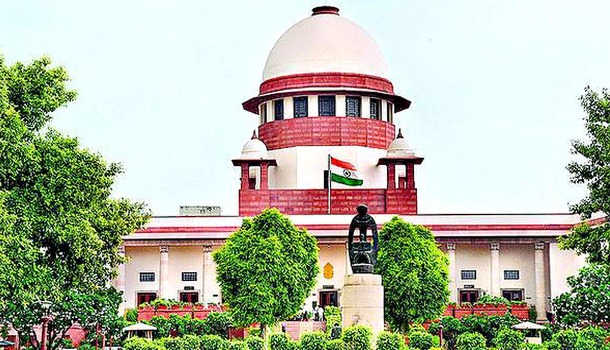
The Supreme Court recently acquitted a man who was convicted by a trial court in 2005 for taking a bribe of Rs 300.
A bench of Justice Abhay S Oka and Justice Rajesh Bindal said there was no proof of demand for illegal gratification, which is required for conviction under the Prevention of Corruption Act, along with acceptance of the same.
“The High Court has passed its judgment on the assumption that the money having been recovered from the appellant, there was demand of illegal gratification. This is not a case where there was circumstantial evidence to prove the demand,” the bench stated.
The top court relied on its previous Constitution bench judgment in Neeraj Dutta, wherein it was decided that, “The offer by the bribe donor and the demand by the public servant respectively have to be established by the prosecution as a fact in issue. Accepting or receiving an illegal gratification without more would not constitute an offense under Section 7 or Section 13 (1)(d), I and (ii).”
The appellant had sought the Supreme Court appealing a 2010 Punjab and Haryana High Court ruling that affirmed a 2005 trial court judgement pronouncing him guilty under the Prevention of Corruption Act.
The event occurred in 2003, when he allegedly took money to generate a death certificate for the father of the original complainant’s sibling.
The offender was allegedly caught red-handed after a vigilance crew covered the cash notes with phenolphthalein powder.
The defendants were found guilty by the trial court on August 5, 2005. On March 2, 2010, the Punjab and Haryana High Court maintained the conviction, prompting the appeal to the Supreme Court.
The appellant’s attorney stated that even the recovery of the bribe money in the case was questionable since there was no proof of desire for it.
The appellant was working as a cleaner in the office at the time and had no power to create or transmit death certificates, according to the counsel.
The lawyer for the Punjab government said that an inference for the demand of a bribe might be formed in the issue.
The top court noted that the case’s shadow witness had become hostile, and even the trial court admitted that there was no evidence of the accused demanding the money.
Furthermore, the demand had not been reinforced when the money was reportedly provided.
As a result, the appeal was granted, and the conviction was reversed.




